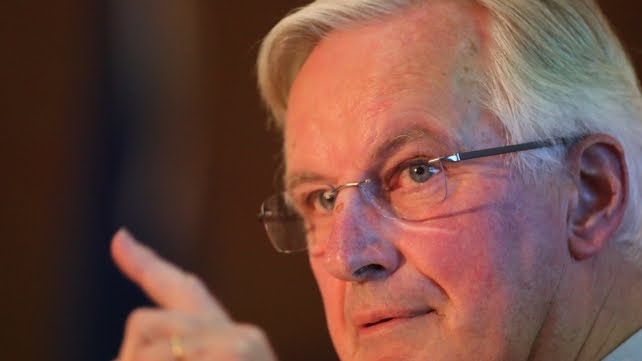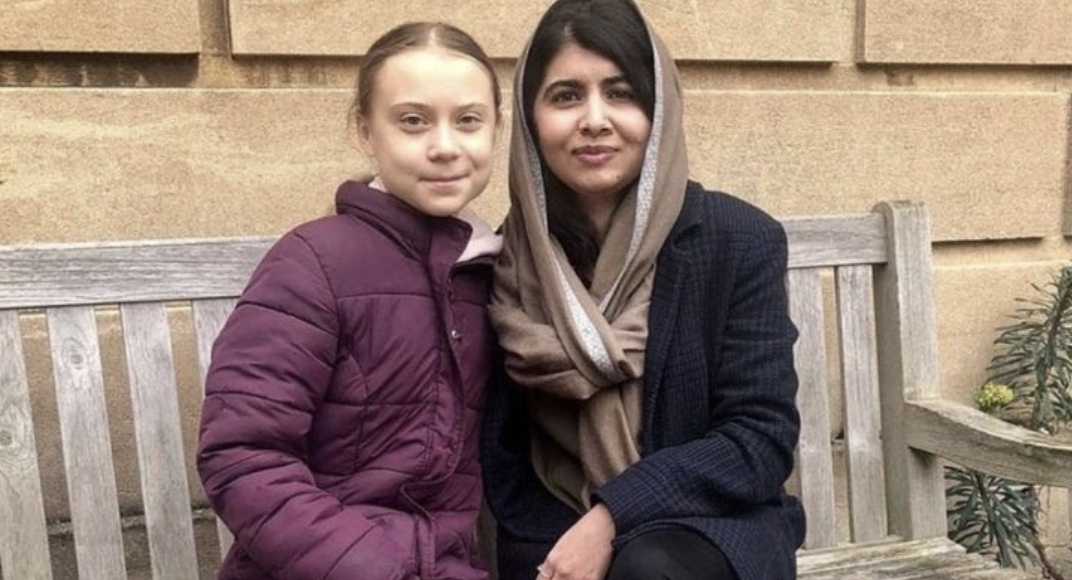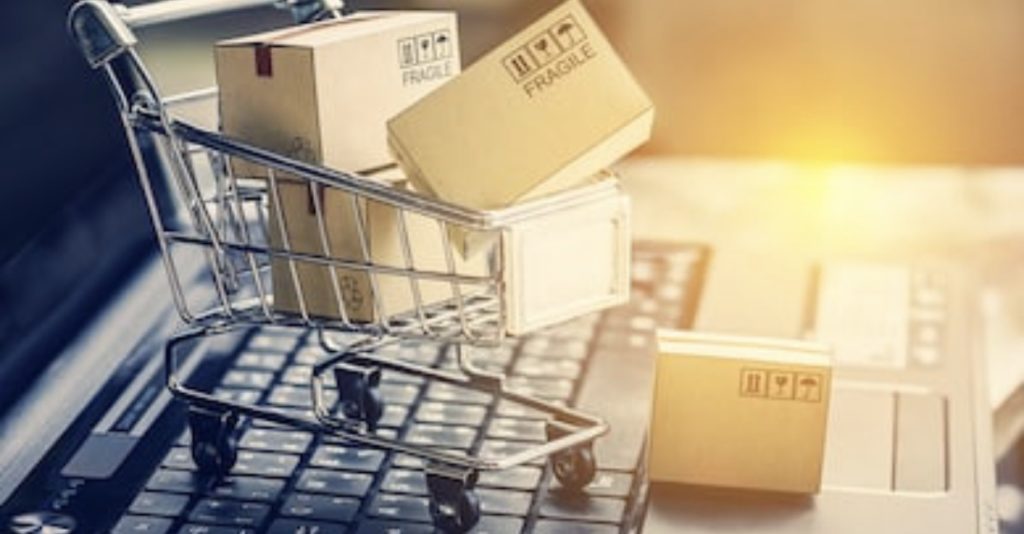The EU’s chief Brexit negotiator Michel Barnier has said the EU will remain “vigilant” in monitoring the development of infrastructure, logistics and human resources in how the UK prepares to implement the checks and controls on the Irish Sea, as set out in the Protocol on Northern Ireland.

At a news conference in Brussels Mr Barnier repeatedly linked the implementation of the Protocol to the issues of trust, and the ongoing negotiations to forge a future relationship between the EU and UK.
He took aim at the new Northern Ireland Secretary Brandon Lewis, saying he had said some “surprising” things, and invited him to read the detail of the Withdrawal Agreement in terms of commitments both sides had entered into.
Mr Lewis has said on a number of occasions that there would not be a border on the Irish Sea.
The Protocol on Northern Ireland/Ireland, however, requires checks and controls on goods moving from Great Britain to Northern Ireland by the end of this year.
Mr Barnier said, however, that the issue should be “de-dramatized”, saying there were already checks on live animals entering Northern Ireland from Great Britain.
Mr Barnier was speaking after the EU adopted its negotiating mandate to begin talks next week.
He told reporters that the Joint Committee, tasked with implementing the Protocol, would hold its first meeting later in March.
The former Slovak diplomat and current Vice-President of the European Commission Maroš Šefčovič would be the EU’s representative on the Joint Committee, he confirmed.
Mr Barnier said he would take stock of how far the UK had implemented the new system of checks and controls by the beginning of the summer.
He said infastructure was just one of a number of benchmarks he would be looking at.
Earlier this morning, following a meeting with Mr Barnier, the Tanaiste Simon Coveney said: “If there isn’t progress on the infrastructure needed to implement the Irish protocol as part of the Withdrawal Agreement in the next few months, then I think that is going to be a very worrying signal for whether or not it’s going to be possible to conclude something sensible before the end of the year.”
You can read the article here: EU to be vigilant in relation to UK checks: Barnier
Source: RTE
The Swedish campaigner and the Pakistani activist both became global figures for their relevant causes as teenagers.

Climate change activist Greta Thunberg has met with the Nobel Peace Prize winner Malala Yousafzai at Oxford University.
Yousafzai, a global figure for the rights of girls to have an education, shared an image of herself with the Swedish activist on Tuesday.
Thunberg, 17, and Pakistani activist Yousafzai, 22, are seen sat on a bench together in the photograph.
Yousafzai wrote “Thank you @gretathunberg” along with a heart emoji in the post.
Following an amendment to the Union Customs Code Delegated Regulation (EU) 2015/2446, it will be possible from 1 January 2021 to declare goods up to 150 € using a customs declaration that requires 3 times less data than a standard declaration.

From 1 January 2021 the existing VAT exemption for goods up to 22 € will disappear. In order to allow VAT to be levied, all imports into the EU will have to be declared at the border using an electronic customs declaration.
Considering the enormous volume of low-value consignments imported into the EU, neither declarants nor customs IT systems can handle the production and processing of a standard customs declaration per consignment and in any event a standard customs declaration is not necessary in most of the cases because there is no customs liability for goods of a value below 150€.
Therefore, the Commission has amended the UCC Delegated Regulation to provide for a lower, more manageable but still adequate level of data (a “super-reduced data set”) in customs declarations on imports of low-value consignments (those below the threshold for application of customs duties of 150€). This legislation should mitigate, for both customs and traders, the impact of the sharp increase in the number of customs declarations.
This is an important step forward and allows Member States and economic operators to go ahead with their IT developments.






You must be logged in to post a comment.